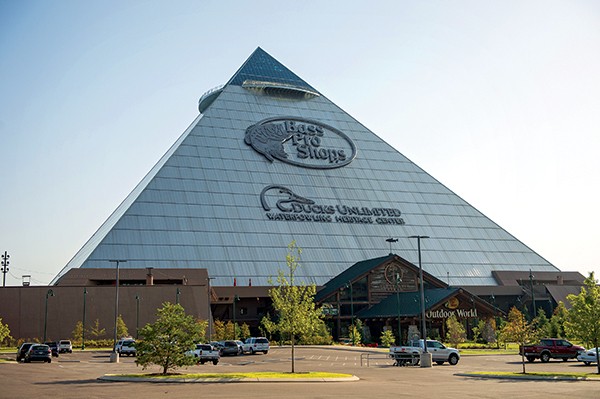Evergreen Grill will open in spring or earlier at 212 North Evergreen Street, the site of the old Cafe Society.
Chef/owner David Todd describes Evergreen Grill as “a neighborhood bar and grill.” The fare will be “Southern cuisine comfort food.” And, he says, “It’s what I always wanted to do.”
Todd, 45, who was executive chef at Longshot restaurant at Arrive Memphis hotel, as well as owner of Grub Life, a pre-ordered fully-prepared meal service, says, “I worked for a bunch of great chefs and I learned so many things from so many people.”
But, he adds, “Everybody hits that point at some point in their life, where they’re doing what they’re doing and they want to continue doing it.
“I figured out over the years, my strongest creative process and the place where I’m just the best at and happiest at as a chef, is understanding food; it’s about people, and food is about memories.”
And one of those memories involves his mother. “My mom taught me how to cook.
“I can remember being a younger cook and working with people and they’re explaining things to me or showing me this technique.”
He remembers a chef showing him how to cut oranges and grapefruits into segments. But Todd’s mother made fruit segments for him and his sister when they were growing up. “The bedrock of my palate and the way I like to cook things is influenced by my mother’s cooking.”
Food “belongs to everybody. It’s like this universal language.”
But he says, people “filter a lot of pretense into it.”
Describing Evergreen Grill’s fare, Todd says, “We really care about what we’re doing and we do it the right way, but we’re coming from that place of love, not that place of pretense. And I’m not trying to be grandiose.”
There are “unlimited images” out there of what chefs are creating. “I’m not knocking that. But also, in a weird way, it can interrupt the creative process.
“Sometimes I create the clearest when I don’t have an image I’m trying to work towards.”
Many chefs aspire to make it big in New York and California. “So many cool things exist in all those places,” Todd says, “but as chefs we get lost in this comparative culture.”
His goal? “All I’ve ever wanted to be is a Memphis chef.” And he wants the food at Evergreen Grill to reflect that. “One of the best cooks I ever met is my mother. And there’s so much technique there. So much talent there. There’s so much love in the things that she did and a lot of their mothers did. So, why don’t we highlight that?”
Instead of “lofty fine dining food with foams and that kind of stuff,” Todd will serve “approachable food” at Evergreen Grill.
He’s not using his mother’s recipes. “It’s not my mom’s cooking, but it’s leaning into that.”
Todd plans to include items people might get at other places, but not the way he’s going to prepare them.
Like country fried steak. “To me, there’s nothing wrong with putting love in country fried steak. But let’s get a good cut of meat and good breading.”
And, he adds, “I have no problem making one of the best cheeseburgers in town.”
As well as a “killer meatloaf.”
“If you want to get certain stuff now in this day and age it’s going to be premade frozen stuff,” Todd says, adding, “If it’s not of a certain tier, it’s not right to do it right and make it cool.
“We separate food into all these different classes and I just think a lot of it is kind of nonsense. It’s all applicable and it all has its space.”
Chefs can “put love into anything.”
People will know right away his sandwiches are different. “They can tell a few bites in, ‘Oh, hold on.’ Tell them we made the jalapeño jam for that patty melt here. The pastrami I smoked here. The pickled cabbage I made here.
“You can put just as much intent in a sandwich as somebody down the street would in a steak entree. And, to me, that’s a pretty cool moment.”
The Evergreen Grill will include “chicken wings. Nachos. Really good sandwiches. A few salads.”
There also will be “dinner plates,” including short rib plates and salmon plates.
But Todd won’t be serving any of the fare associated with the old Cafe Society. “This is going to be a complete departure from Cafe Society.”
As for the look of Evergreen Grill, Todd’s changes include knocking out a wall “so there would be a flow between the bar and the rest of the place.”
Todd, whose partners in the restaurant are Josh Huckaby and Meredith Brocato, didn’t want a fancy name. And he didn’t want “Grille” with an “e” in the title. Restaurants come up with super kitschy and super cool names nowadays, according to Todd. His thought was, “Let’s just open a restaurant like they did back in the day. And that’s kind of what we’re doing.”
Evergreen Grill will eventually be open for lunch and dinner. “We’ll open for dinner first, get our feet under us, and get the rhythm of it. And a few weeks later we’ll open for lunch.”
And when Todd says it’s going to be a “neighborhood” grill, he’s being literal. “This is my neighborhood. I live three-quarters of a mile away from Evergreen Grill.”
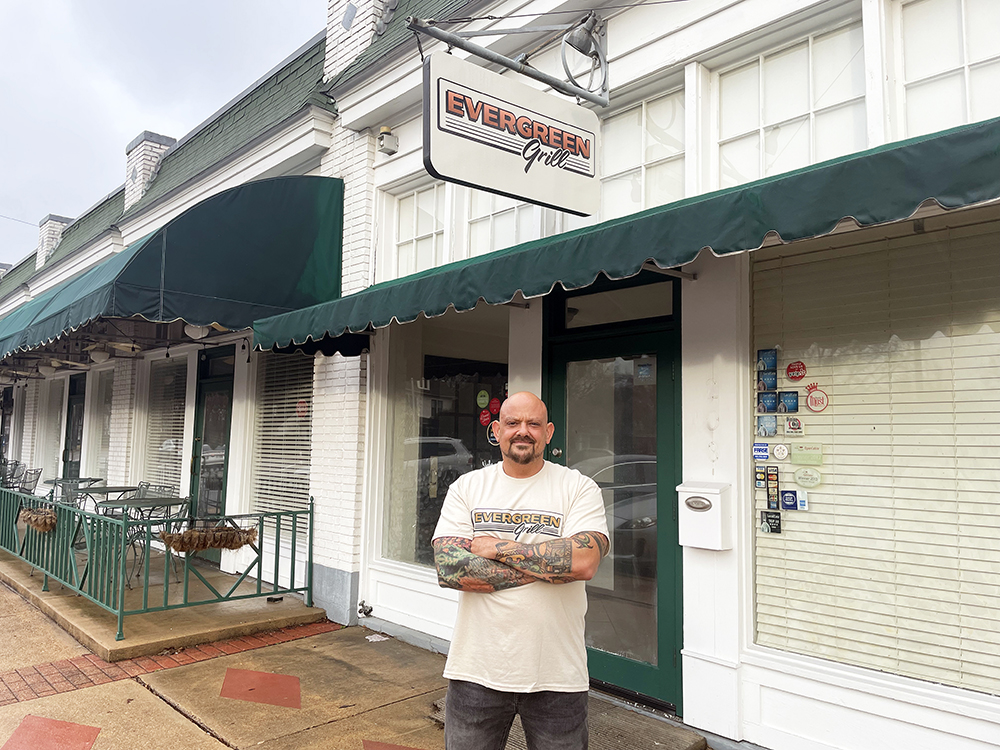



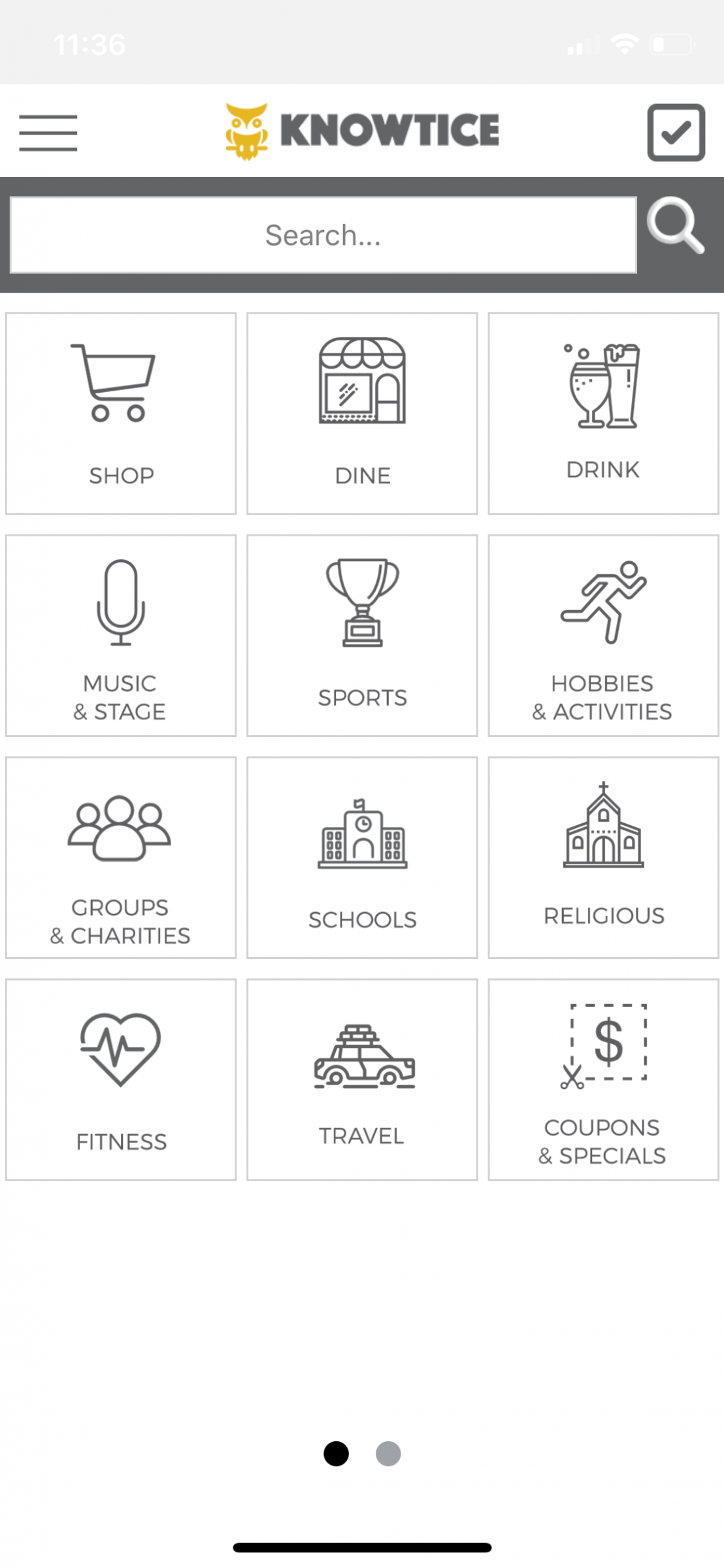


 Courtney Hedger | Unsplash
Courtney Hedger | Unsplash 
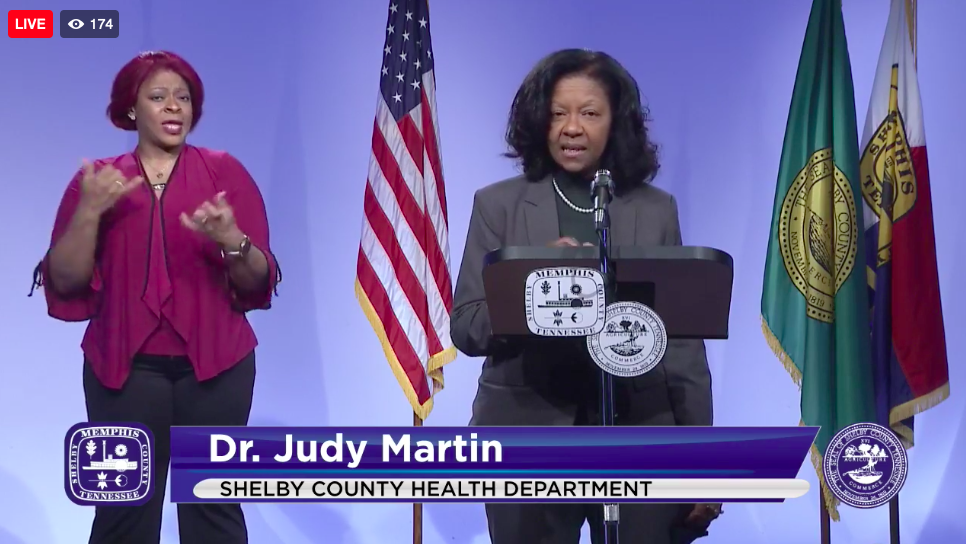 Shelby County Health Department/Facebook
Shelby County Health Department/Facebook 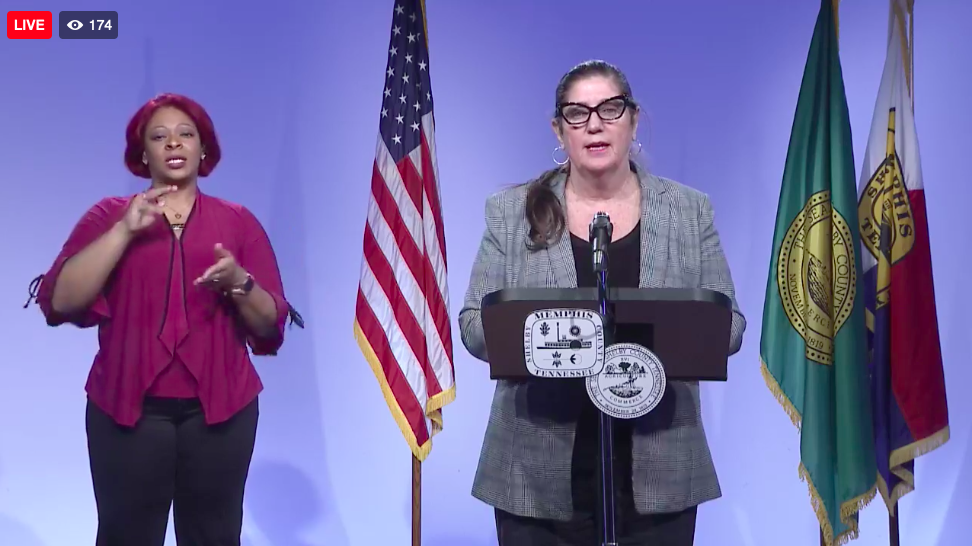 Shelby County Health Department/Facebook
Shelby County Health Department/Facebook  MIchael Donahue
MIchael Donahue  Tin Roof Memphis/Facebook
Tin Roof Memphis/Facebook  T.J. Mulligan’s/Facebook
T.J. Mulligan’s/Facebook 